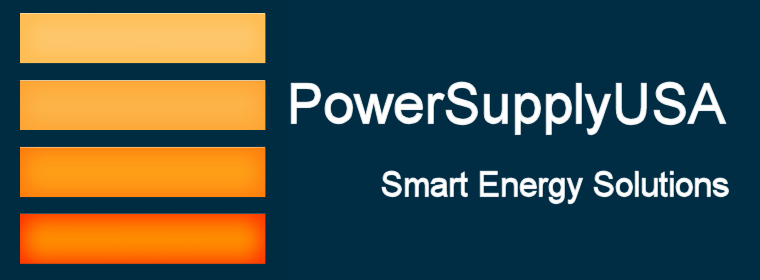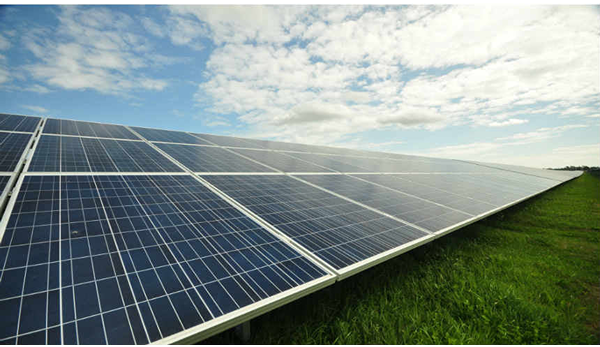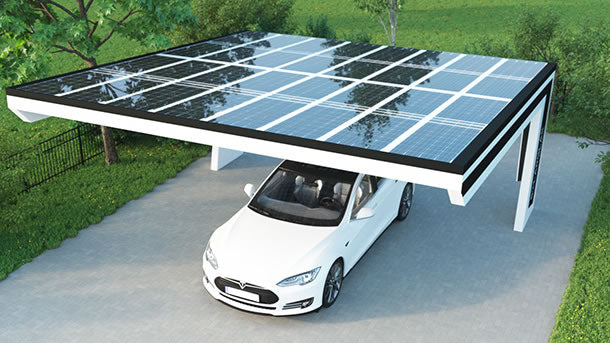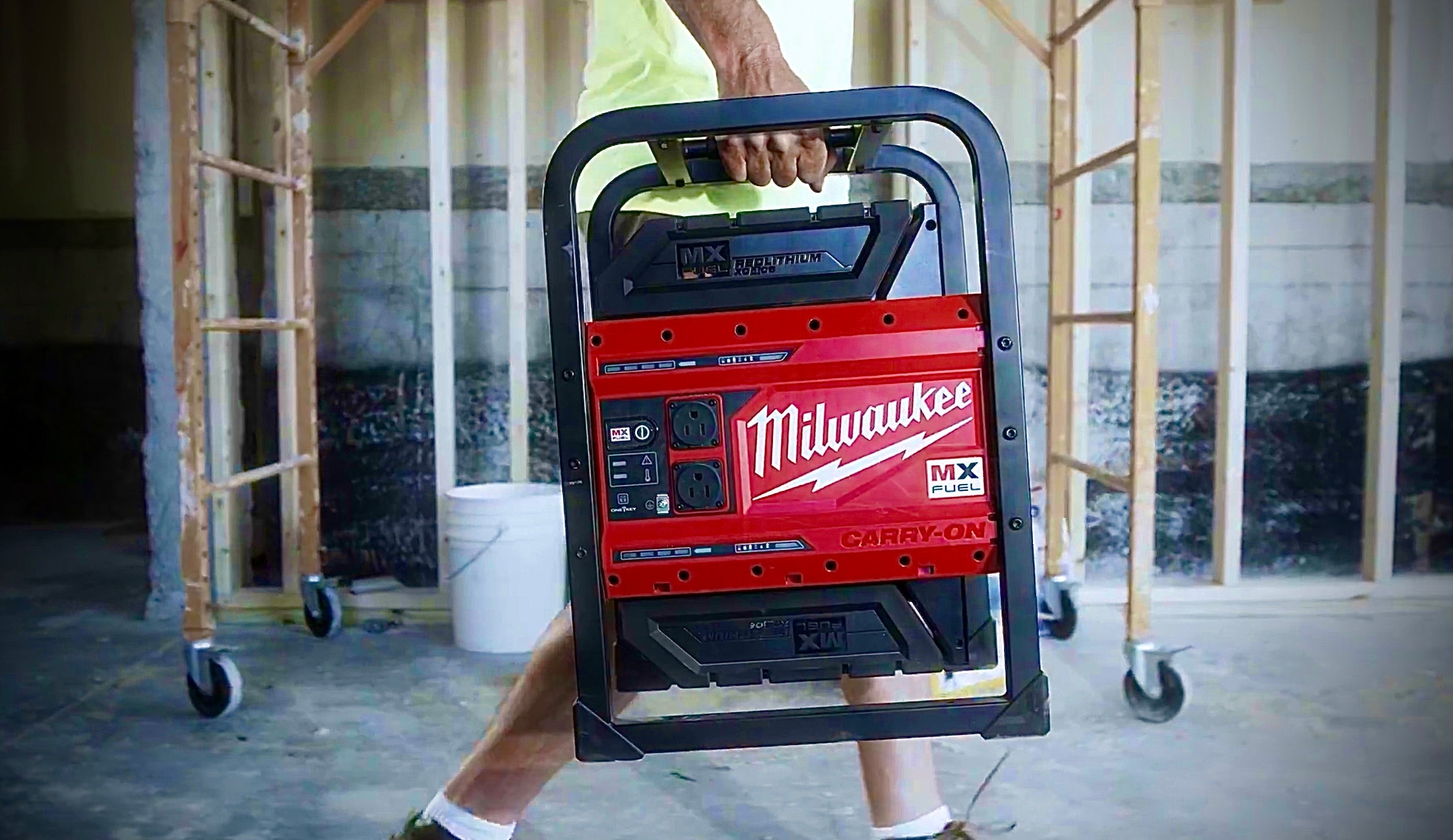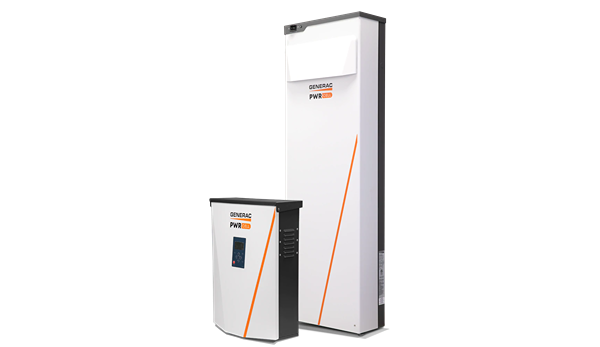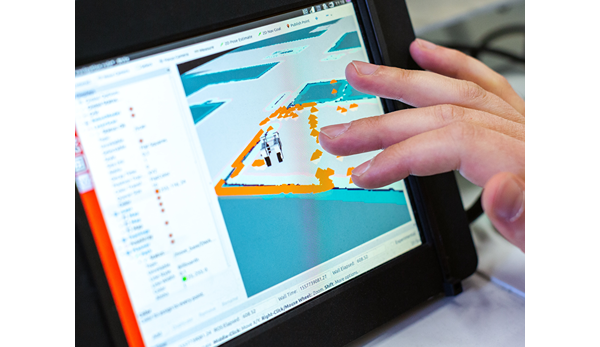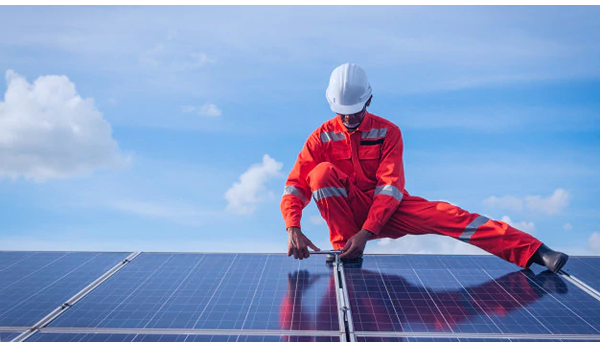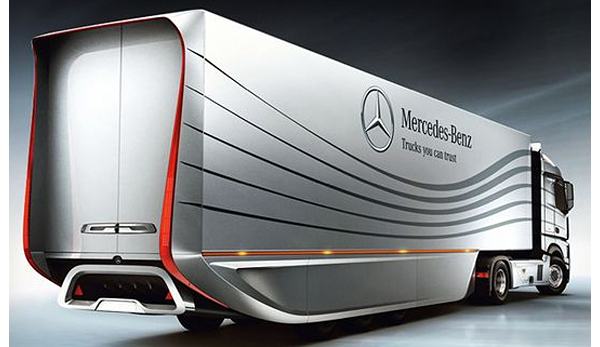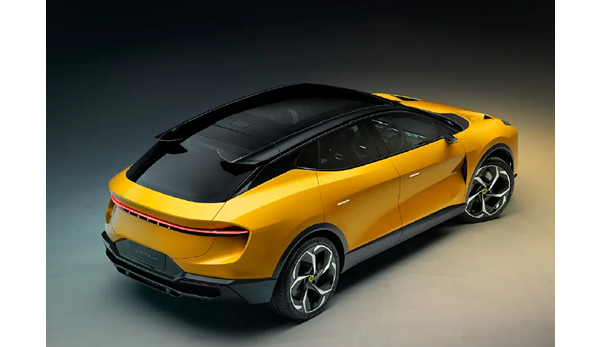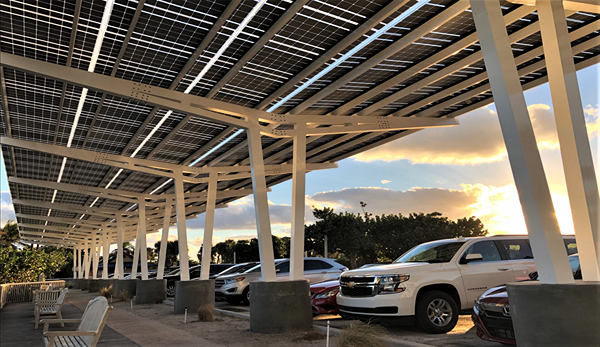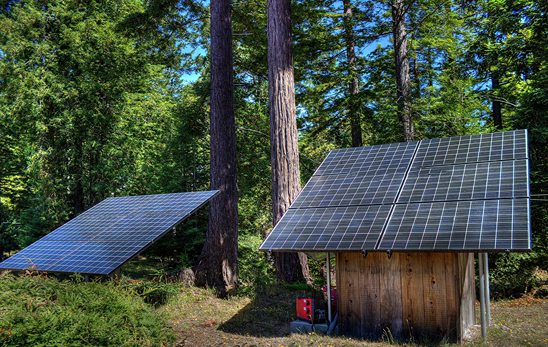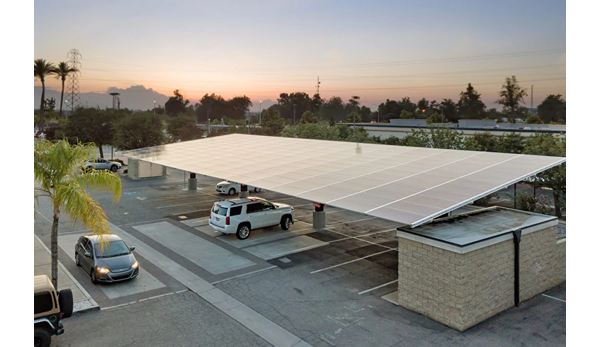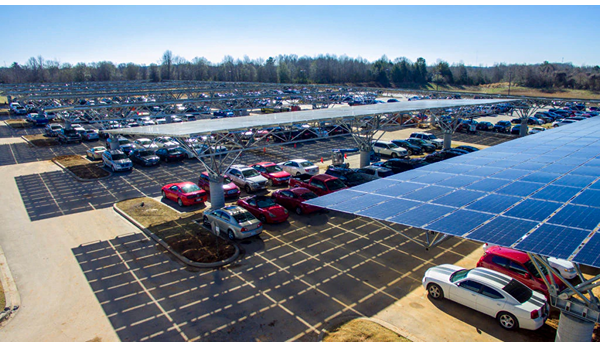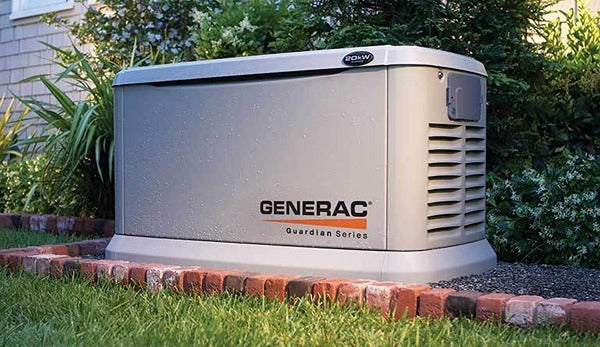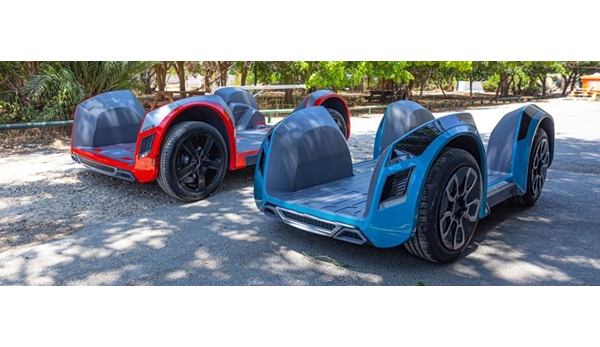
Power Anywhere, Anytime - Find the Best Solar Generator
Power Anywhere, Anytime -
Find the Best Solar Generator
Solar generators have become increasingly popular as a reliable, clean and portable alternative source of energy for a range of uses. Unlike traditional gas or diesel generators, they harness energy from the sun, making them a cost-effective and eco-friendly option for those who value self-sufficiency and sustainability. In this article, we will explore the intricacies of solar generators and provide you with the information you need to find the best solar generator for your needs.
What is a Solar Generator ?
A solar generator is a device that converts solar energy into electrical energy, which can be used to power appliances and devices. Unlike traditional generators that require fuel to generate power, solar generators use solar panels to collect energy from the sun and store it in an internal battery. The stored energy can then be used to power a variety of devices and appliances, from smartphones to refrigerators, making them a versatile and convenient source of power.
Why They Are Becoming More Popular
Solar generators are becoming increasingly popular for several reasons. First, they are a sustainable and eco-friendly option, providing clean energy without the need for fuel, which reduces carbon emissions and protects the environment. Second, they are a cost-effective option in the long run since they do not require the ongoing expense of fuel. Finally, they are portable, making them ideal for use on jobsites, in remote locations or during power outages.
Benefits of Using a Solar Generator
There are several benefits to using a solar generator. Firstly, solar generators are environmentally friendly since they do not emit harmful pollutants or carbon emissions. Secondly, they are low-maintenance, requiring little upkeep or repair. Thirdly, they are virtually noise-free, making them ideal for use in quiet environments or at night. Fourthly, they can be used in remote locations without access to traditional power sources. Finally, they can provide power during power outages, ensuring that you remain connected and have access to essential appliances and devices.
How Solar Generators Work
Solar generators work by using several components to convert solar energy into electrical energy. The key components of a solar generator include:
Photovoltaic Cells: These cells, also known as solar panels, collect energy from the sun and convert it into electrical energy.
Inverter: The inverter converts the direct current (DC) energy generated by the solar panels into alternating current (AC) energy, which can be used to power appliances.
Battery: The battery stores the energy generated by the solar panels and provides a constant source of power.
Charge Controller: The charge controller regulates the flow of energy from the solar panels to the battery, ensuring that the battery is charged efficiently and safely.
DC-to-AC Converter: The DC-to-AC converter converts the DC energy stored in the battery into AC energy, which can be used to power appliances.
Types of Solar Generators
There are three types of solar generators: portable, stationary, and hybrid.
Portable Solar Generators: These generators are lightweight and compact, making them ideal for outdoor activities and remote locations. They are designed to be easily transported and can be charged by solar panels or a wall outlet.
Stationary Solar Generators: These generators are larger and designed for use in a fixed location. They are ideal for providing power to homes, cabins, or RVs, and are typically connected to a solar panel array.
Hybrid Solar Generators: These generators combine the benefits of both portable and stationary generators. They are designed to be portable but can also be connected to solar panels for long-term use.
Factors to Consider When Choosing a Solar Generator
Power Output: The amount of power a solar generator produces is measured in watts. Make sure to consider the power output of a generator when choosing the right one for your needs. If you plan on powering heavy-duty appliances or tools, you may need a generator with a higher wattage.
Battery Capacity: The battery capacity of a solar generator is measured in watt-hours (Wh). A larger battery capacity means that the generator can store more energy, which can be useful for longer power outages or extended periods of off-grid living.
Portability: Depending on your needs, you may want to consider a portable solar generator that you can take with you on camping trips or other outdoor adventures. Look for generators that are lightweight and easy to transport.
Weight: The weight of a solar generator can vary greatly depending on the model. Consider the weight of the generator if you plan on transporting it frequently.
Durability: Look for a solar generator that is built to last. The generator should be able to withstand outdoor elements and should be made from high-quality materials.
Life Cycle: The life cycle of a battery refers to the number of times it can be charged and discharged before it loses its capacity. Consider the life cycle of the battery when choosing a solar generator.
Noise Level: Solar generators are generally quieter than traditional generators, but some models can still produce noise. If you plan on using the generator in a quiet environment, look for a model with a low noise level.
Charging Speed: Consider the charging speed of the solar generator. Some models can take several hours to charge, while others can charge in just a few hours.
Inverter Size: The inverter in a solar generator converts DC power to AC power, which is necessary for powering most appliances. Make sure to consider the inverter size when choosing a solar generator.
Number of Outlets: Consider the number of outlets the solar generator has. If you plan on powering multiple appliances at once, you may need a generator with more outlets.
Expandability: Some solar generators can be expanded with additional solar panels or batteries. Consider the expandability of the generator if you plan on using it for extended periods of time.
RV Connectivity: If you plan on using the solar generator to power your RV, make sure to choose a model that has RV connectivity.
Car Charging Capability: Some solar generators can be charged using a car's 12V outlet. Consider this feature if you plan on using the generator while on the road.
Additional Features: Look for additional features that may be useful, such as built-in USB ports or LED lights.
Best Solar Generators
Goal Zero Yeti 150
The Goal Zero Yeti 150 is a top-of-the-line solar generator with a 168Wh lithium-ion battery, making it perfect for powering smaller devices. The device is equipped with multiple output options, including USB, AC and 12V outlets. It has a sleek and compact design, making it easy to transport and store.
Jackery Explorer 1500
The Jackery Explorer 1500 is a powerful and efficient solar generator, capable of powering large appliances and devices. It has a high battery capacity of 1488Wh and can be charged in various ways, including solar power, wall outlet, or a car port. The device is also equipped with multiple output options, making it easy to power various devices at once.
Renogy Phoenix
The Renogy Phoenix is a portable and versatile solar generator, with a battery capacity of 210Wh. It has a durable and compact design, making it perfect for outdoor activities. The device is equipped with multiple output options, including AC, DC, and USB ports, allowing you to power a variety of devices.
EcoFlow Delta Max 2000
The EcoFlow Delta Max 2000 is a high-capacity solar generator, perfect for powering larger appliances and devices. It has a massive 2016Wh battery capacity and can be charged using solar panels, wall outlets, or a car port. The device is equipped with multiple output options, including AC, DC, and USB ports, making it easy to power various devices at once.
Anker Powerhouse II
The Anker Powerhouse II is a powerful and efficient solar generator, with a battery capacity of 388Wh. It has a sleek and compact design, making it easy to transport and store. The device is equipped with multiple output options, including AC, DC, and USB ports, making it easy to power various devices at once.
Bluetti AC200P
The Bluetti AC200P is a high-capacity solar generator, with a battery capacity of 2000Wh. It has a powerful 2000W pure sine wave inverter, making it capable of powering larger appliances and devices. The device can be charged using solar panels, wall outlets, or a car port. It is equipped with multiple output options, including AC, DC, and USB ports, making it easy to power various devices at once.
How to Use a Solar Generator
Using a solar generator is relatively easy, but it requires some setup and planning to get the most out of it. Here are the basic steps:
Setting up the solar panels
If your solar generator comes with solar panels, you will need to set them up in a location with access to sunlight. Make sure they are facing the sun and are not shaded by trees or buildings.
Connecting the solar panels to the generator
Connect the solar panels to the generator using the provided cables. Make sure the connections are secure and that the panels are charging the battery.
Charging the generator
Once the solar panels are connected, the generator should start charging automatically. Depending on the size of the battery and the amount of sunlight, this can take several hours to a full day.
Using the generator to power appliances
Once the generator is charged, you can use it to power your appliances and devices. Simply plug them into the appropriate ports or use the built-in inverter to power AC devices.
Benefits of Using a Solar Generator
No need for fuel: Unlike traditional generators, solar generators do not require any fuel to operate. They generate power from the sun's rays, which makes them a sustainable and cost-effective power solution.
Environmentally friendly: Solar generators are environmentally friendly because they do not emit harmful greenhouse gases or other pollutants into the air. They do not produce any noise or odor, which makes them an excellent option for eco-conscious individuals.
Quiet operation: One of the biggest advantages of using a solar generator is that they operate quietly. They produce no noise pollution, making them ideal for use in residential areas or for outdoor activities such as camping and hunting.
Can be used in remote locations: Solar generators are ideal for use in remote locations where access to traditional power sources is limited or nonexistent. They provide a reliable power source for outdoor activities and off-grid living.
Can provide power during power outages: Solar generators can provide backup power during power outages. They are a reliable source of power when traditional power sources are unavailable, and they can keep critical appliances and devices running during an emergency.
Low maintenance: Solar generators require minimal maintenance compared to traditional generators. They have fewer moving parts, which means there are fewer things to go wrong. Solar generators are also less likely to suffer from wear and tear, which means they last longer and require less maintenance.
Drawbacks of Using a Solar Generator
Expensive upfront cost: One of the biggest drawbacks of using a solar generator is the upfront cost. Solar generators can be expensive to purchase, and the initial investment can be a barrier to entry for some people.
Limited power output: Solar generators have limited power output, which means they may not be suitable for heavy-duty appliances or equipment. They are best suited for powering smaller devices and appliances.
Dependent on weather conditions: Solar generators rely on the sun's rays to generate power, which means they are dependent on weather conditions. If the weather is cloudy or overcast, the generator may not produce as much power as it would on a sunny day.
May not be suitable for heavy-duty appliances: Solar generators are not suitable for heavy-duty appliances such as air conditioners or refrigerators. These appliances require a lot of power, which exceeds the capacity of most solar generators.
Conclusion
Solar generators offer a sustainable and cost-effective power solution for a wide range of applications. They are environmentally friendly, operate quietly, and can be used in remote locations. However, they also have some drawbacks, such as limited power output and dependence on weather conditions. Despite these drawbacks, solar generators remain an excellent option for eco-conscious individuals and those looking for a reliable source of backup power. When choosing the best solar generator, consider factors such as power output, battery capacity, portability, weight, durability, life cycle, noise level, charging speed, inverter size, number of outlets, expandability, RV connectivity, car charging capability, and additional features. By considering these factors, you can find the best solar generator that meets your specific power needs.


